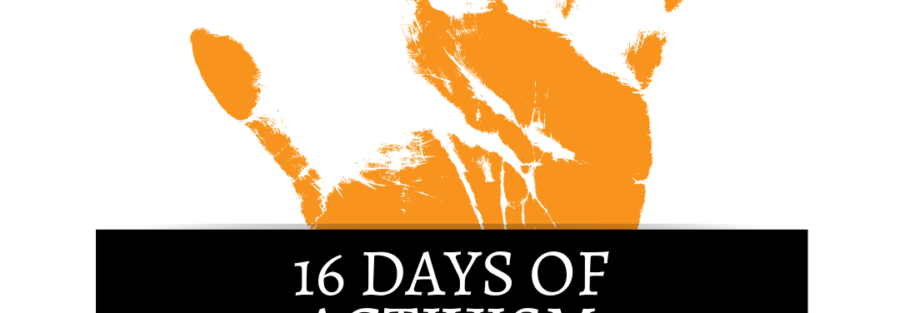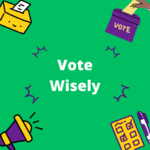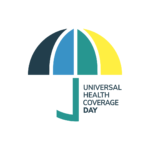Gender-Based Violence (GBV) is a severe and pervasive violation of human rights that disproportionately affects women and girls, impacting communities globally. It is not confined to any single country or culture; GBV transcends boundaries, permeating every facet of society—regardless of geography, culture, or socioeconomic status. As we observe the 16 Days of Activism against GBV, under the theme “Let’s #UNiTE to End Violence,” the urgency to break the silence, dismantle harmful societal norms, and empower survivors must remain at the forefront of our global and local conversations. These 16 days, from November 25 to December 10, serve as a clarion call for solidarity, but the fight to end GBV cannot stop here. It requires continued and sustained action year-round.
Understanding the Forms of GBV
GBV manifests in many harmful forms, all of which are underpinned by deeply ingrained power imbalances and systemic gender inequalities. These include physical abuse, sexual violence, emotional and psychological abuse, economic violence, and harmful cultural practices such as child marriage and female genital mutilation. Each form of abuse is a violation that has far-reaching consequences.
Physical abuse often leaves survivors with visible scars but also carries with it deep psychological trauma that may not be immediately visible. Sexual violence robs individuals of their autonomy, dignity, and bodily integrity, leading many survivors to suffer in silence due to the fear of social stigma and re-victimization. Emotional and psychological abuse, characterized by manipulation, intimidation, and coercion, is often less visible but equally damaging, as it chips away at the survivor’s self-worth, making them feel powerless and isolated. Economic violence, where an abuser deliberately restricts financial independence, traps survivors in cycles of dependency and vulnerability. Lastly, cultural and structural violence—such as harmful gender roles and discriminatory laws—perpetuates the normalization of abuse and prevents many survivors from seeking the help they need.
Educated but Not Immune
An important and often overlooked aspect of GBV is that even women who are educated, economically independent, and professionally successful are not immune to violence. The pervasive nature of GBV means that no woman, regardless of her status, is guaranteed freedom from abuse. Many educated women continue to suffer in silence due to fear of judgment, social ostracism, and the potential loss of career opportunities or professional credibility. Even with access to resources, these women often face unique challenges—such as the fear of ruining their reputation or losing their support networks—that make it difficult for them to report their experiences or seek justice. This silent struggle, driven by societal stigma and deeply rooted biases, emphasizes the systemic nature of GBV and highlights how entrenched inequalities shape the lived experiences of survivors.
The Silent Struggle: Why Women Hesitate to Report GBV
Despite increasing awareness, many survivors of GBV hesitate to report their experiences due to the fear of being blamed or shamed, particularly in patriarchal and conservative societies where victim-blaming is rampant. In these contexts, the survivor’s credibility is often questioned, and the perpetrator is rarely held accountable. Many places’ legal and judicial systems are slow to act, with survivors facing bureaucratic delays, lack of resources, and unsympathetic authorities. Furthermore, for women financially dependent on their abusers, the choice to leave an abusive situation is fraught with the threat of poverty, homelessness, or instability. This complex web of barriers makes it all too easy for survivors to remain trapped in abusive situations, often with no apparent means of escape.
These compounded obstacles reinforce the culture of silence and suffering that the 16 Days of Activism seeks to challenge. By acknowledging the reality that survivors are often caught in cycles of fear, shame, and dependency, we can better understand the urgency of providing real, accessible support systems that enable women to speak out without fear of retribution.
Why Should We #UNiTE?
The struggle to end GBV is not the responsibility of survivors alone—it requires a united, global effort from every corner of society. Governments, communities, individuals, and institutions all have a critical role in breaking the cycle of violence. Society must encourage open, honest discussions about GBV, in the public sphere and within private homes, workplaces, schools, and local communities. These conversations are crucial for destigmatizing the issue and empowering survivors to share their experiences and seek help without fear of judgment.
Governments must be held accountable for enforcing laws and addressing gaps in legal frameworks. Protective laws must be written and enforced effectively. The judicial system must be survivor-centered, ensuring that the rights and well-being of survivors are prioritized and that the process of seeking justice is as swift and accessible as possible. Community-led initiatives are equally vital—local organizations and grassroots movements must provide survivors with essential resources, including safe spaces, legal aid, and counseling. These initiatives are often the first line of defense for survivors, offering crucial support in times of crisis.
Moreover, the societal and cultural norms that perpetuate GBV must be openly challenged. We must actively work to dismantle gender inequalities at every level, from the home to the workplace to the public sphere. We must hold perpetrators accountable—both individually and collectively—as a society, we must unequivocally condemn violence in all its forms. We cannot afford to remain silent or passive in the face of violence. To truly end GBV, we must not only support survivors but actively work to change the systems that perpetuate gendered violence.
Conclusion
The 16 Days of Activism Against Gender-Based Violence serves as a powerful reminder that the fight to end GBV requires sustained, collective action. By uniting to support survivors, demanding accountability for perpetrators, and dismantling the systemic structures that enable violence, we can create a future where everyone, regardless of gender, can live free from the fear of harm. The fight against GBV is not limited to a designated period on the calendar—it is an ongoing battle that requires the commitment of every individual, organization, and institution.
Let these 16 days catalyze long-term, transformative change. Let us amplify the call to break the silence, end the stigma, and unite for a world where no one is ever subjected to violence based on their gender. Together, we can end GBV once and for all.
Let’s #UNiTE to End Violence!



